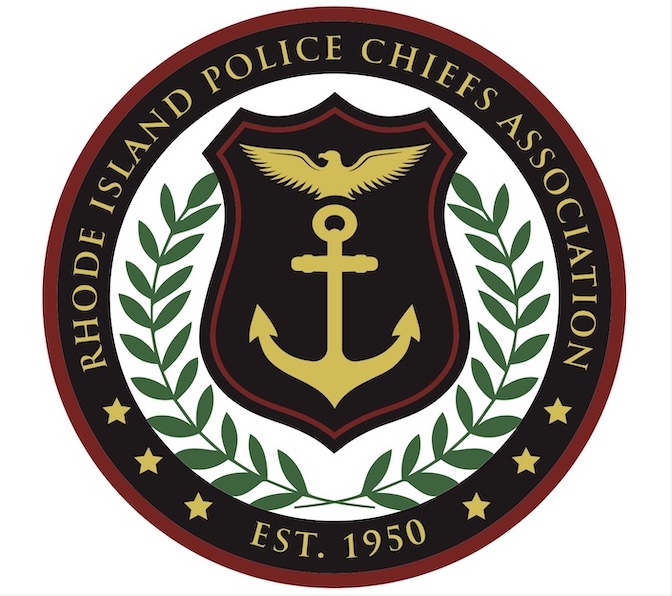During recent months, the Rhode Island Police Chiefs’ Association has been working to develop an in-state police accreditation process. The process will examine and adopt professional policing standards by which all law enforcement agencies will be measured. There is currently a national model (CALEA) which a handful of agencies have pursued. The Rhode Island in-state accreditation program provides a cost effective alternative based on national accepted standards. It also provides CALEA accredited RI Police Departments the opportunity to join in order to adopt state specific standards.
Under the Rhode Island Police Chiefs’ Association, the In-State Accreditation Commission has been formed as non-profit 501(c) 3. The Commission is comprised of law enforcement executives, members of academia, representatives from police unions, a member from the long standing police accreditation coalition and a member of the Rhode Island League of Cities and Towns.
The Commission has begun its work on developing an extensive set of standard operating procedures and policies. As well as addressing high profile issues such as use of force, high speed pursuits and impartial policing standards, policies could also deal with anything from the requirement that a bullet proof vest to be worn by officers to the method in which departments conduct and report equipment inspections. It is envisioned that all law enforcement agencies in the State will become more standardized in their procedures while retaining the ability to apply procedures which may be unique to their department or community.
Each law enforcement agency may apply to the Commission for review or accreditation. A team of professionals will review each applying agency in depth to ensure that they have adopted the standards and more importantly practice them. The agencies will be subject to review every three years.
RIPAC
An accreditation program has long been recognized as a means of maintaining the highest standards of professionalism. The accreditation process is a progressive and time proven management tool. Accreditation provides a means for law enforcement agencies to systematically conduct an internal review and assessment of the agencies’ policies and procedures and an in-depth review of every aspect of the agency’s organization, management and operations.
To be awarded accreditation is the formal recognition that an agency has met specific requirements and prescribed industry best practices. To achieve accredited status assures both municipal leaders and citizens that their police department is operating in a manner that reflects current best practices for law enforcement.
The development of an accreditation program for police agencies in Rhode Island was seen as a way of providing the tools necessary for agencies to evaluate and improve their overall performance that is reasonable and cost effective. The Rhode Island Law Enforcement Accreditation Program was formally established in 2012 and is overseen by the Rhode Island Police Accreditation Commission, RIPAC. The Accreditation Program is comprised of 200 standards which address the most critical law enforcement issues.
RIPAC Accreditation Standards Manual
This Standards Manual is the cornerstone publication of the Rhode Island Police Accreditation Commission, RIPAC Law Enforcement Accreditation Program. The standards are dynamic, as they will be continually reviewed, updated, added to, or deleted as necessary to ensure compliance with contemporary standards and practices.
Other publications are under development that will outline the accreditation process, provide information on how to successfully negotiate the self-assessment phase, and outline the roles and responsibilities of accreditation assessors. Additional information on law enforcement accreditation will be made available on our website.
